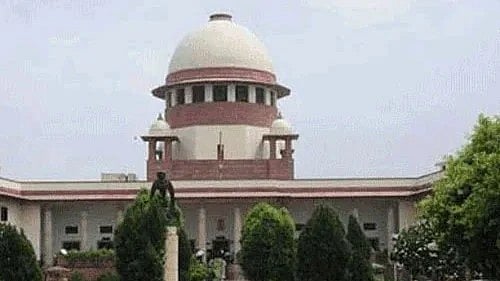
The Supreme Court of India
Credit: PTI Photo
The Supreme Court on Tuesday held that a sessions court has the power to summon a person to stand trial, even if he was not named in the police chargesheet, and evidence on record points to his involvement.
“The court of sessions is empowered to take cognisance of the whole incident constituting the offence. It is thus invested with the complete jurisdiction to summon any individual accused of the crime,” a bench of Justices JB Pardiwala and R Mahadevan said.
The court rejected the argument that summons cannot be issued under Section 193 of the CrPC, because the magistrate had already taken cognisance of offence while committing the case to the sessions court.
“Once the court takes cognisance of the offence (not of the offender), it becomes the court’s duty to find out the real offenders, and if it concludes that besides the persons put up for trial by the police, some others are also involved in the commission of the crime, it is the court’s duty to summon them to stand trial along with those already named, since summoning them would only be part of the process of taking cognisance,” the SC said.
Appellant Kallu Nat alias Mukesh Kumar Nagar challenged the Allahabad High Court’s order dismissing his revision petition against a lower court’s decision to summon him as an accused in a rape-cum-murder case. The summons had been issued by the Kanpur Dehat court on an application filed by the victim’s husband under Section 193 of the CrPC.
His counsel argued that if the petitioner were to be summoned at all, it should be during the trial and only on the basis of oral evidence, as provided under Section 319.
Finding no merit in the contention, the bench said, “It is absolutely incorrect to assert that the petitioner could have been summoned as an accused only during the course of trial. Section 319 CrPC stands absolutely on a different footing.”
In this case, the sessions court reached a categorical conclusion that, though the petitioner was not named at the earliest in the FIR, the investigation revealed his involvement along with the chargesheeted accused.
Justice Pardiwala, delivering verdict on behalf of bench, held that there is no rationale for narrowly interpreting statute in a manner that strips sessions court of its authority to summon a person for trial, even when court is fully convinced of prima facie case based on materials in final report.
